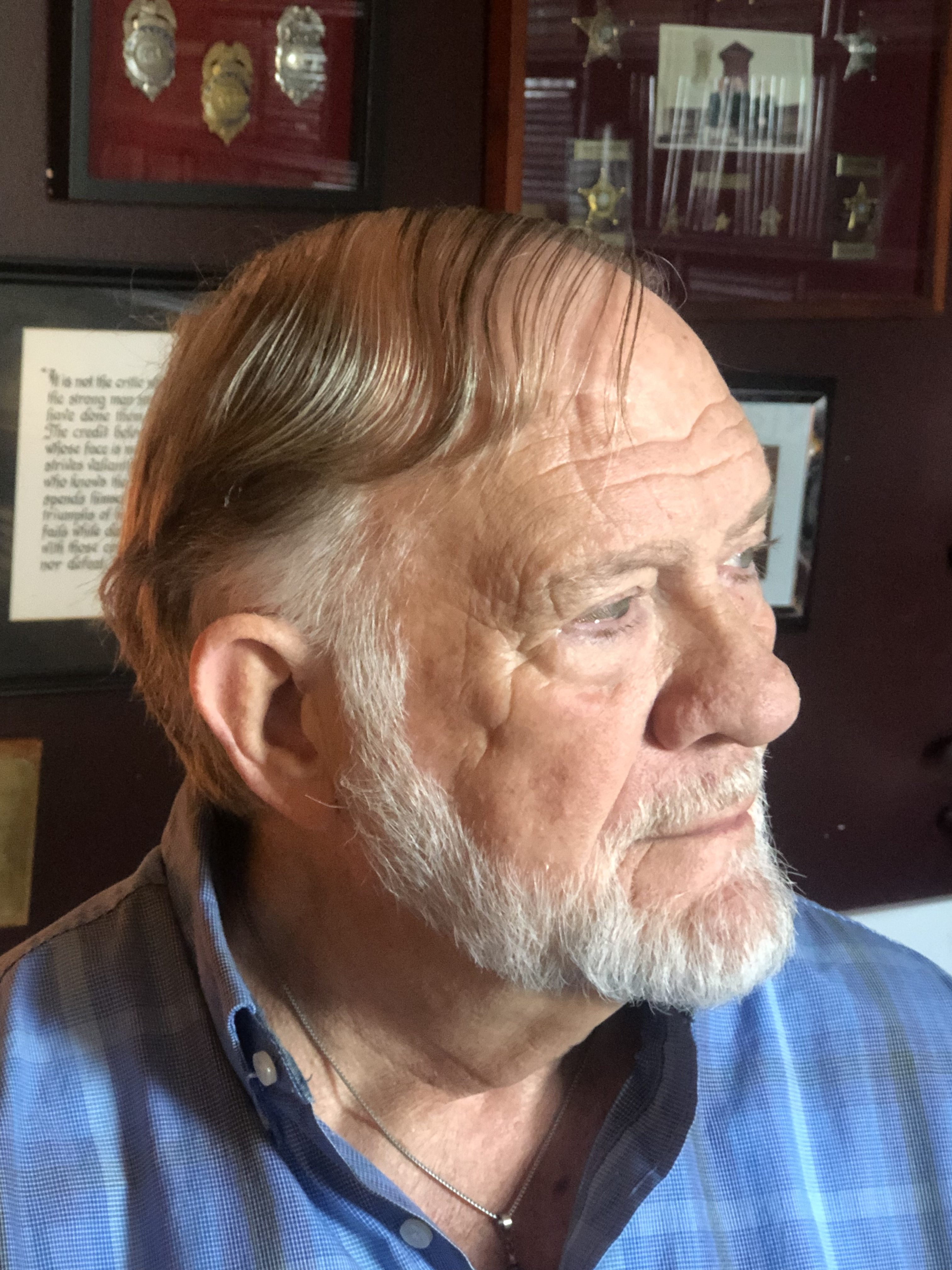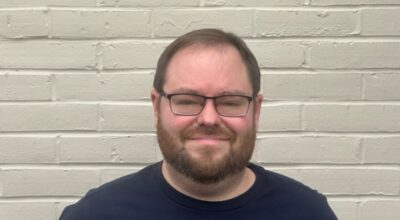Pulpit: Cheerleaders for the American Revolution
Published 6:34 pm Monday, January 10, 2022

- Noted writer and columnist Keith Throckmorton
|
Getting your Trinity Audio player ready...
|
Powerful preaching of the whole word of God by fearless and dedicated clergy was the fuel that inspired the American Revolutionary War.
Their boldness was a foundation for the American colonists stepping up and defeating the mighty British Army and winning our independence.
Colonial preachers such as George Whitefield energized the American Revolution.
George Whitfield was an Anglican cleric who was one of the founders of Methodism and the evangelical movement (First Great Awakening). But, as it was known, the colonial pulpit began with influential clergymen like Joseph Cotton; in 1630, he was a Puritan pastor in Boston.
For 150 years, the educational influence through the inspirational preaching of Cotton, Jonathan Edwards (evangelical patriarch), George Whitefield, Dr. John Witherspoon (signer of the Declaration of Independence), Samuel Davies (Patrick Henry’s pastor), and James Caldwell inspired the colonists and colonial leaders to fight for independence. June 7, 1780, was a day of profound tragedy for the Reverend James Caldwell, a Presbyterian minister.
Known as the soldier parson because of his ardent support of the Patriot cause, he was with the Continental Army in Morristown as a chaplain. Tragically, war came to his home, and a British soldier killed his wife Hannah Caldwell during the Battle of Connecticut Farms, who fired into her house.
Caldwell quickly found an opportunity for revenge when he participated in the defense of Springfield, New Jersey, the last major battle of the American Revolution in the North, on June 23, 1780. A mixed band of Continentals and militia was stubbornly defending the town from 2500 British and Hessian regulars when they began to run low on musket wadding. Caldwell did not hesitate.
Running into the Springfield Presbyterian Church, he gathered up hymnals and passed them out to the troops to tear out the pages for wadding,
all the time yelling, “Give’ em Watts Boys!”
Hailed as a hero of the battle in this American victory; however, Caldwell did not survive the war. He is buried beside his beloved Hannah in the churchyard cemetery of the First Presbyterian Church in Elizabeth, New Jersey, where he served as pastor for 30 years.
These are just a few colonial pastors that fueled the colonists to fight for independence from England.
These clergymen were giants as pastors, preaching the whole, uncompromised word of God and totally dedicated to leading their congregations to think and live biblically. Some clergy wore soldiers’ uniforms to fight tirelessly with pen and sword for the cause of Christian civilization on the North American Continent.
It is estimated that over the colonial period, clergy members preached approximately eight million sermons, each sermon lasting one and one-half hours. Further, it is estimated that an average 70-year-old congregation member would have heard 7,000 sermons over their lifetime, with a total of approximately 10,000 hours of concentrated listening.
For the Congregationalists, Sunday mornings at church was not only a time to be updated on the latest news, see friends but a time to be blessed with hearing God’s message from the pastor. As a result, most colonial pastors spent eight to twelve hours daily praying, studying, and preparing their sermons.
Likewise, Congregationalists followed the homilies closely, took mental notes, and discussed these messages with their families on Sunday afternoons.
The fruits of the dedication of these pastors to God and their congregations was a Christian heritage for America. Today, the question is, what has happened to America? The answer is boldly preaching and living the uncompromised whole Word of God, the Bible.
A longtime columnist published places near and far, Keith Throckmorton is a retired Fairfax County Police officer.





